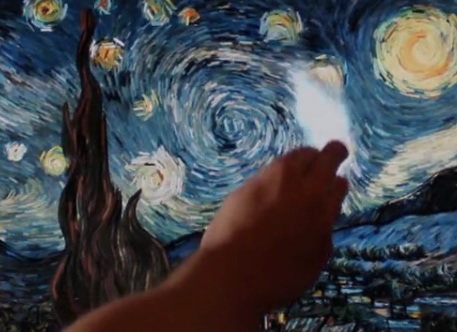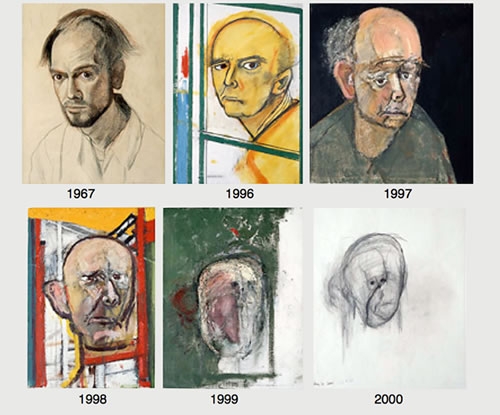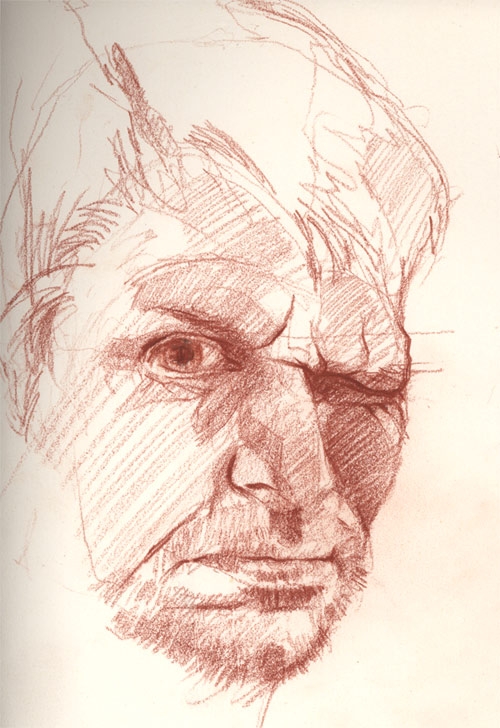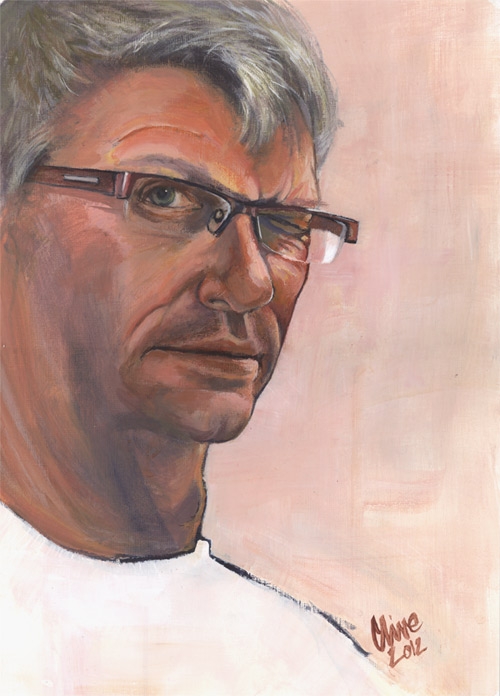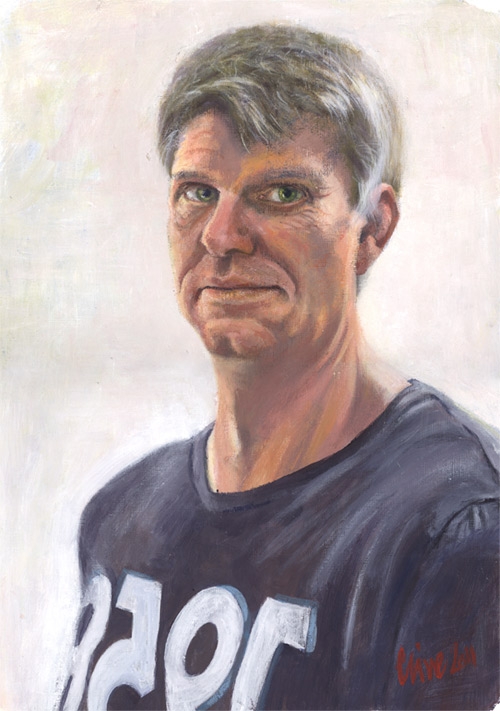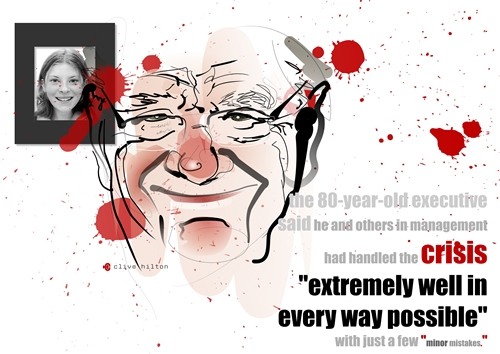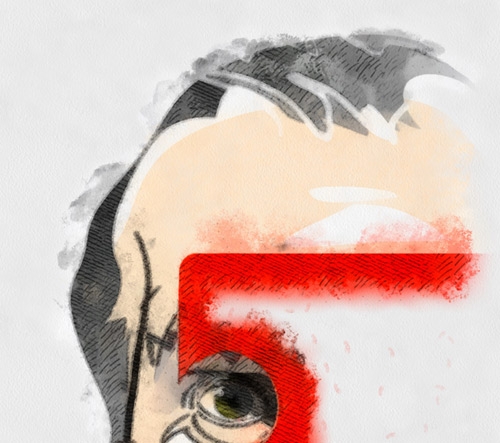
Of late I’ve become sufficiently concerned with Google’s underlying motives in choosing to ‘simplify’ its user privacy policy that I’ve taken a decision to actively retreat from the vast majority of its offerings. Not that I had a great many in the first place; at least, not by today’s norms. There’s analytics, calendar, a Google+ account (for all of about a week) and an Android phone that I use rarely and that’s pretty much it. I’ve never been tempted by Google docs and the same is true for Gmail.
Given this relative paucity of committed engagement with Google’s beguiling offerings one could be forgiven for thinking that Google wouldn’t actually have much on me that would enable it to do what it would so very much like to be able to do – which is to serve up a more ‘personalised’ online experience; which is, of course, code for being presented with adverts ‘better’ targeted to what Google thinks is my precise needs.
I tend to use Firefox for most of my browsing, but not exclusively so, and I have all the privacy settings across all the browsers I use set to their most restrictive. I don’t browse while I’m logged into my analytics or calendar accounts and caches and cookies are cleared on closing, no history is retained, ad blockers are installed and activated, ‘do not track’ options checked where available, etc. I also have a few Firefox add-ons that further limit what does or does not make it onto my browser. Yet increasingly, I’m seeing things from Google that lead me to think that Google already knows – or is deducing – a great deal more about my surfing activities than I imagined it might be capable of under the settings I choose to operate under.
Here’s a casual example. This evening I was reading an article on the BBC website about the forthcoming film, Hunger Games. Since the whole Hunger Games thing has rather eluded me until I read the article I did a quick Google on it to get the backstory. When I’d finished the article I returned to the Google search page which (I’m guessing) I must have reloaded because now at the top of the listings was a link to a local cinema that is advertising the film. Now I know that it would have been a matter of plain routine for Google to use my IP address to work out where I am and to extrapolate from there to find out where my nearest cinema that is screening it is located. But it seems to me that Google is also accessing other little nuggets of information that even within my less than co-operative browser settings it has no difficulty in tracking and exploiting.
This could, of course, be complete coincidence but I’ve seen quite a bit of this sort of thing recently. Could it be that cookies or somesuch are actually being passed from site to site as I browse and used to build a picture of my browsing activities? Quite possibly.
With that in mind I decided to install an add-on for Firefox that I’d come across recently. It’s called, ‘Collusion‘ , and its developers say of it that:
“Collusion is an experimental add-on for Firefox and allows you to see all the third parties that are tracking your movements across the Web. It will show, in real time, how that data creates a spider-web of interaction between companies and other trackers”
The results are both interesting and more than a little unsettling. One thing is certain, there are a huge number of agencies out there who are very interested indeed in your browsing habits and with, presumably, a great deal of valuable intelligence to be gained, I don’t see much hope for any of them voluntarily respecting a ‘do not track’ instruction while there’s nothing really to effectively stop them doing exactly that.

